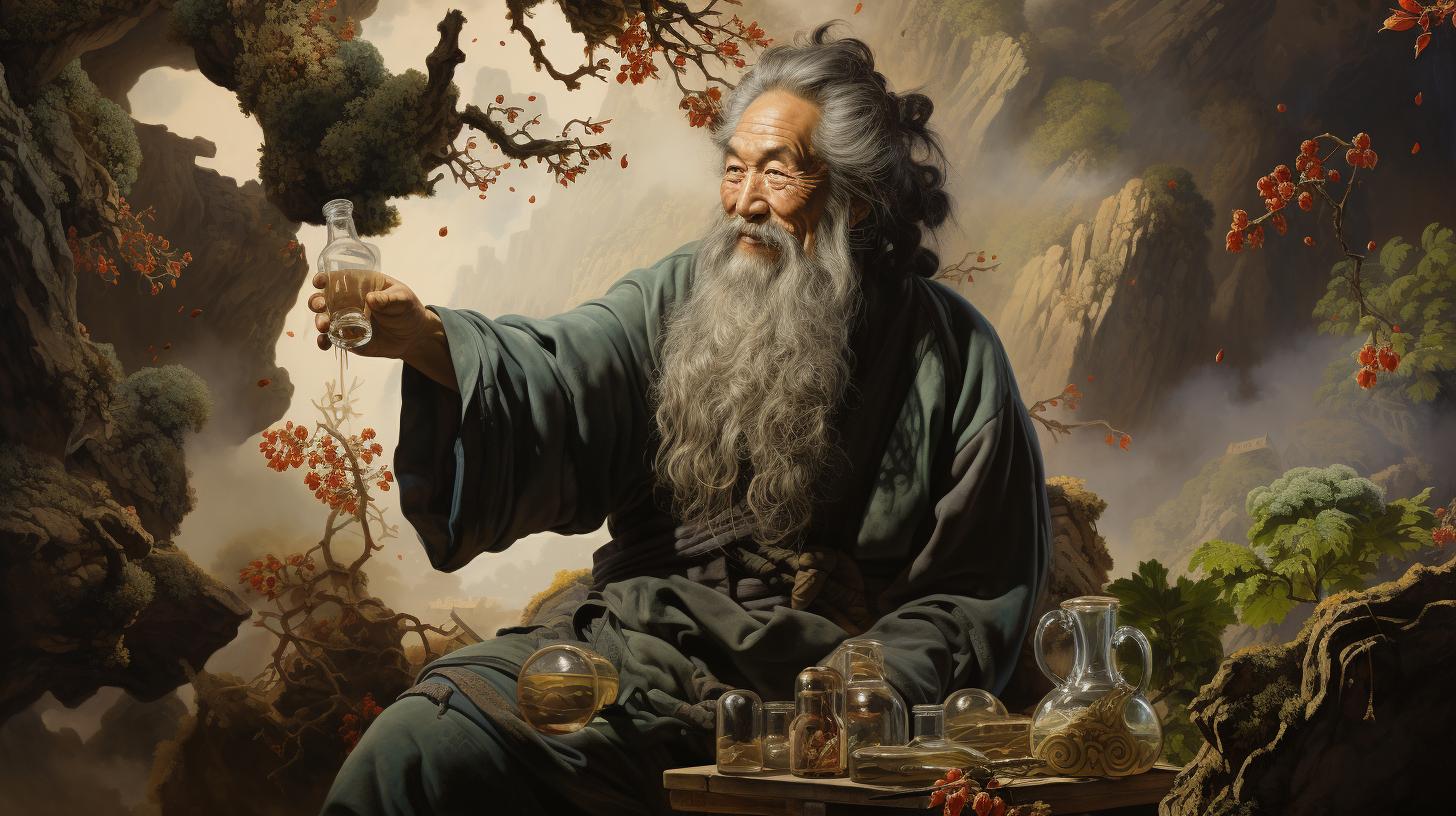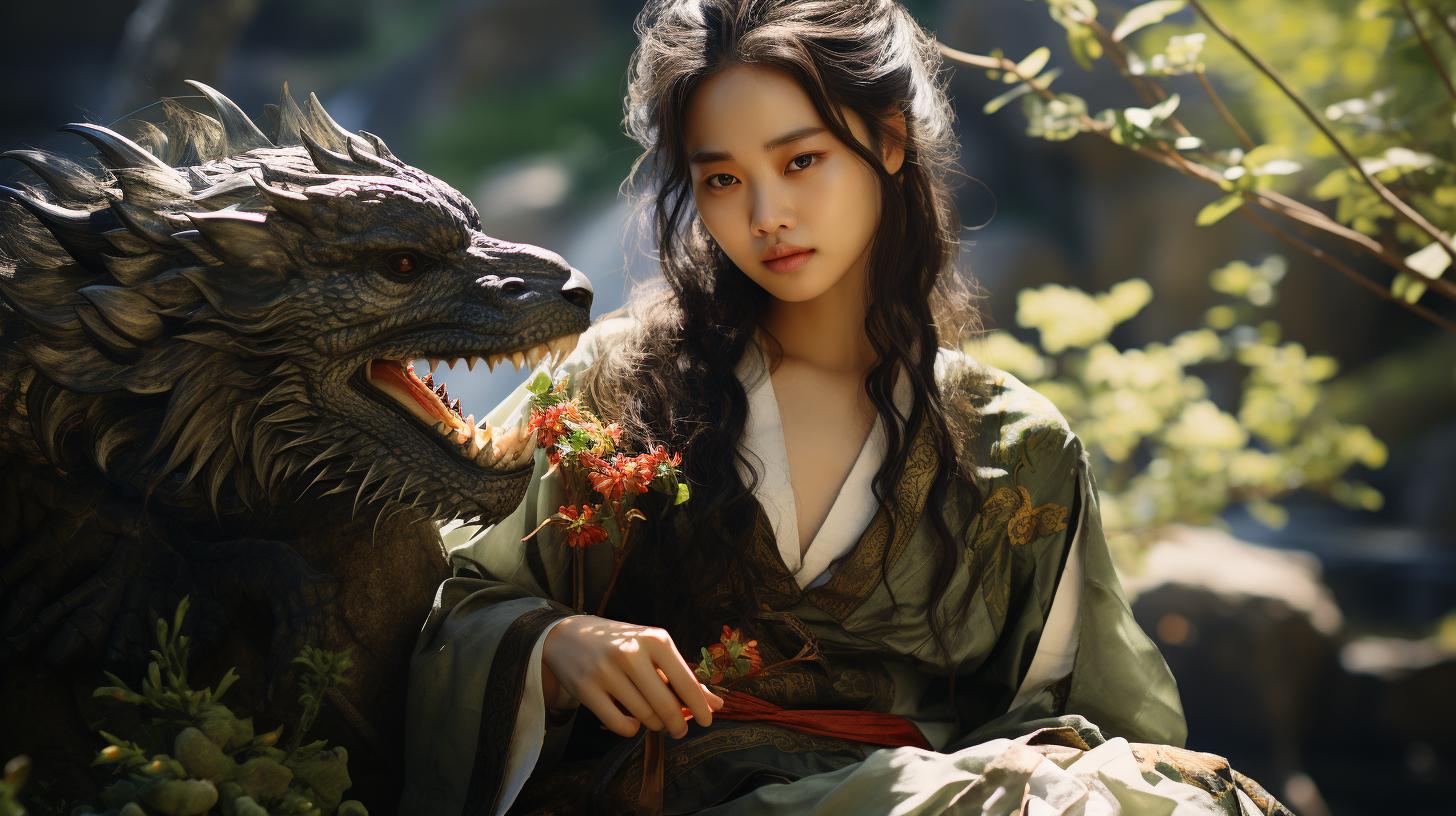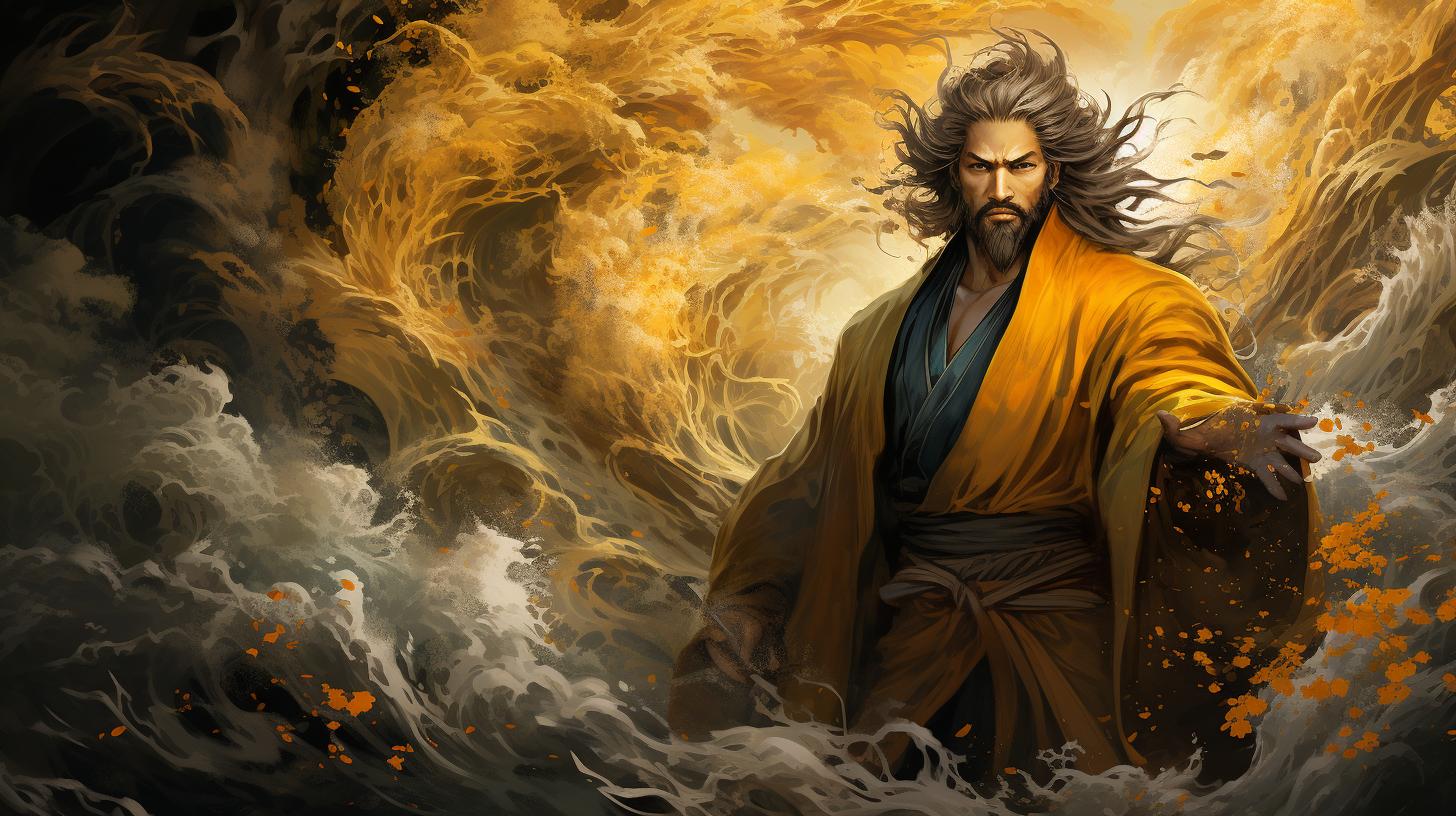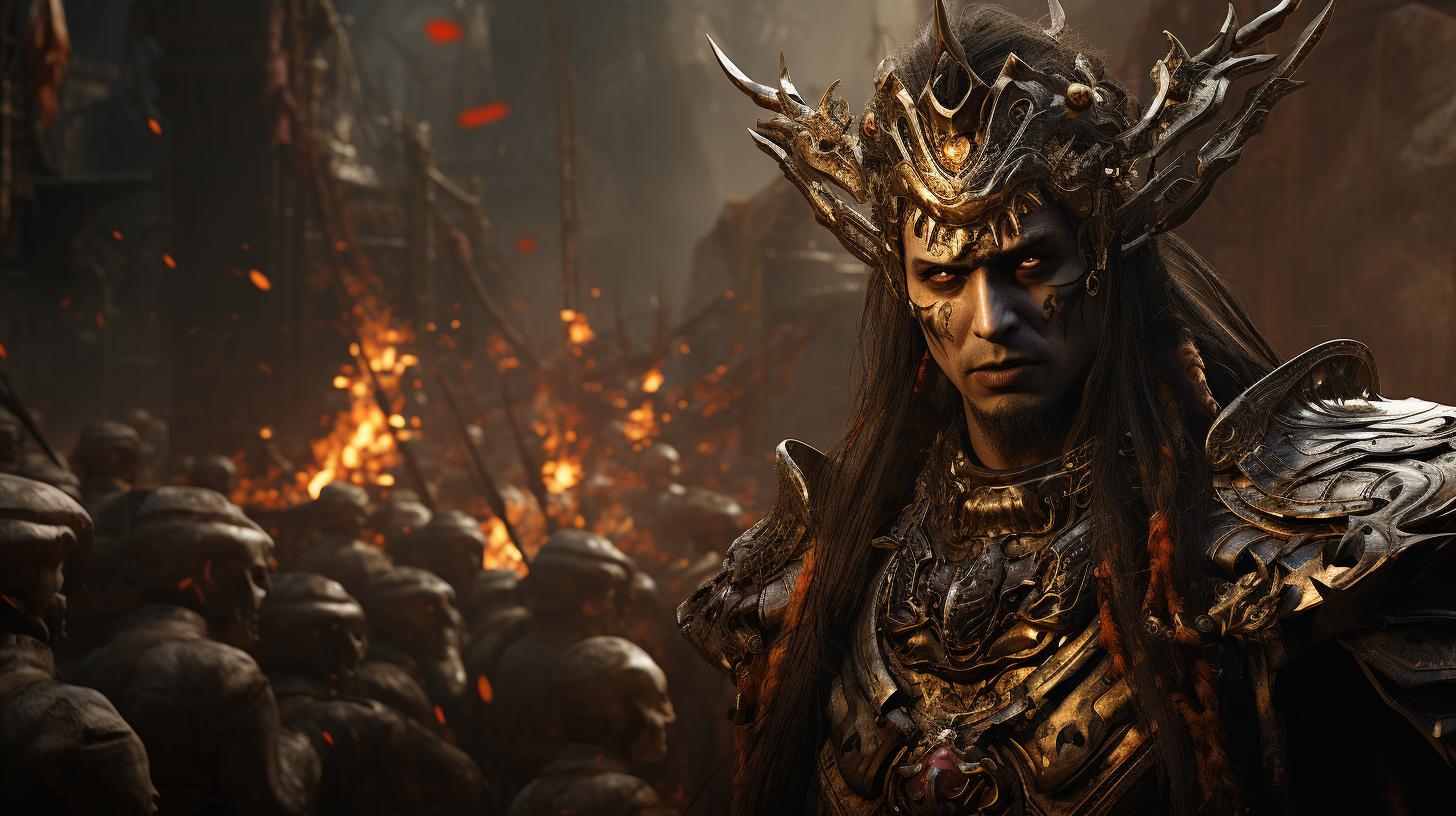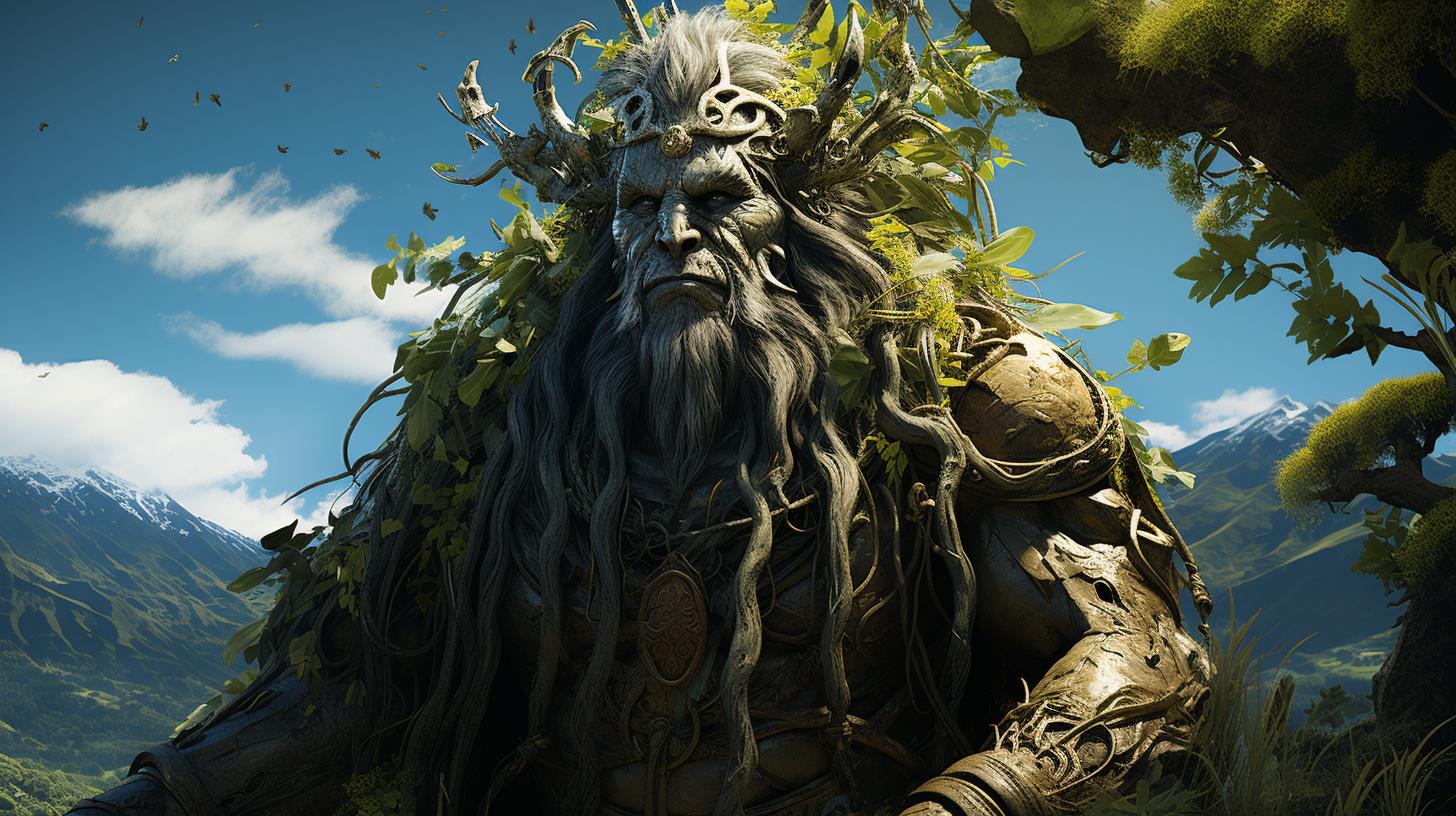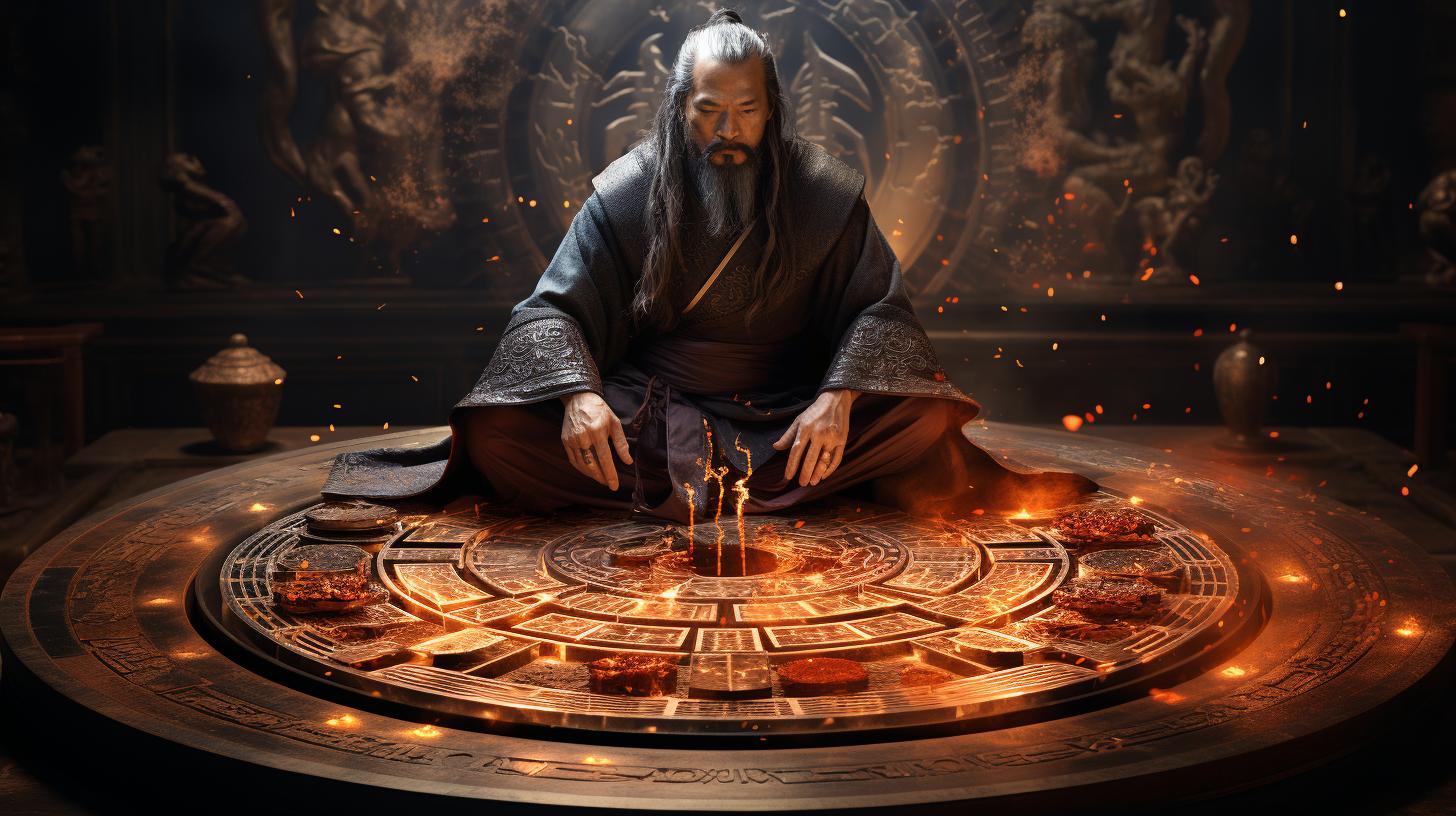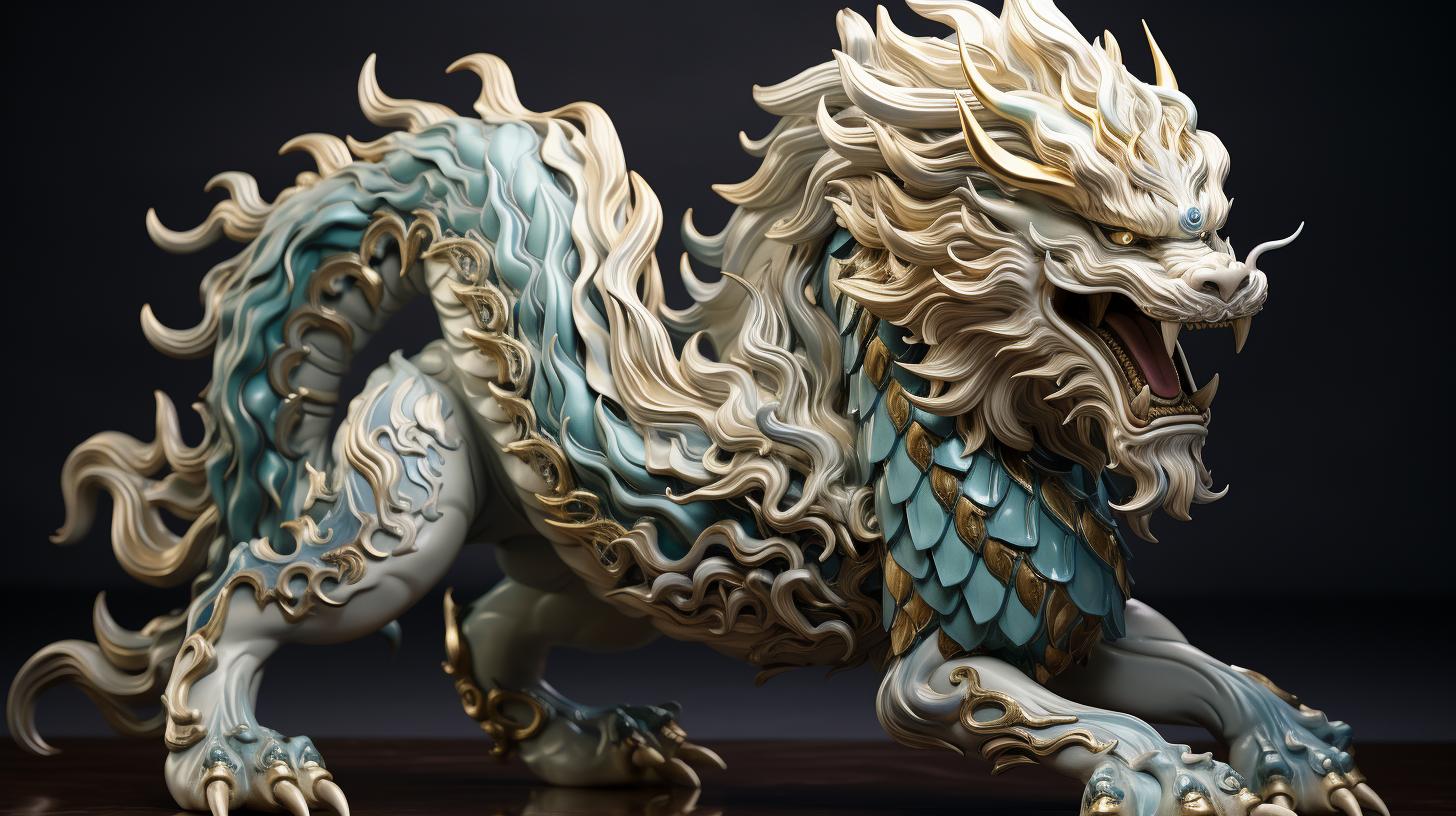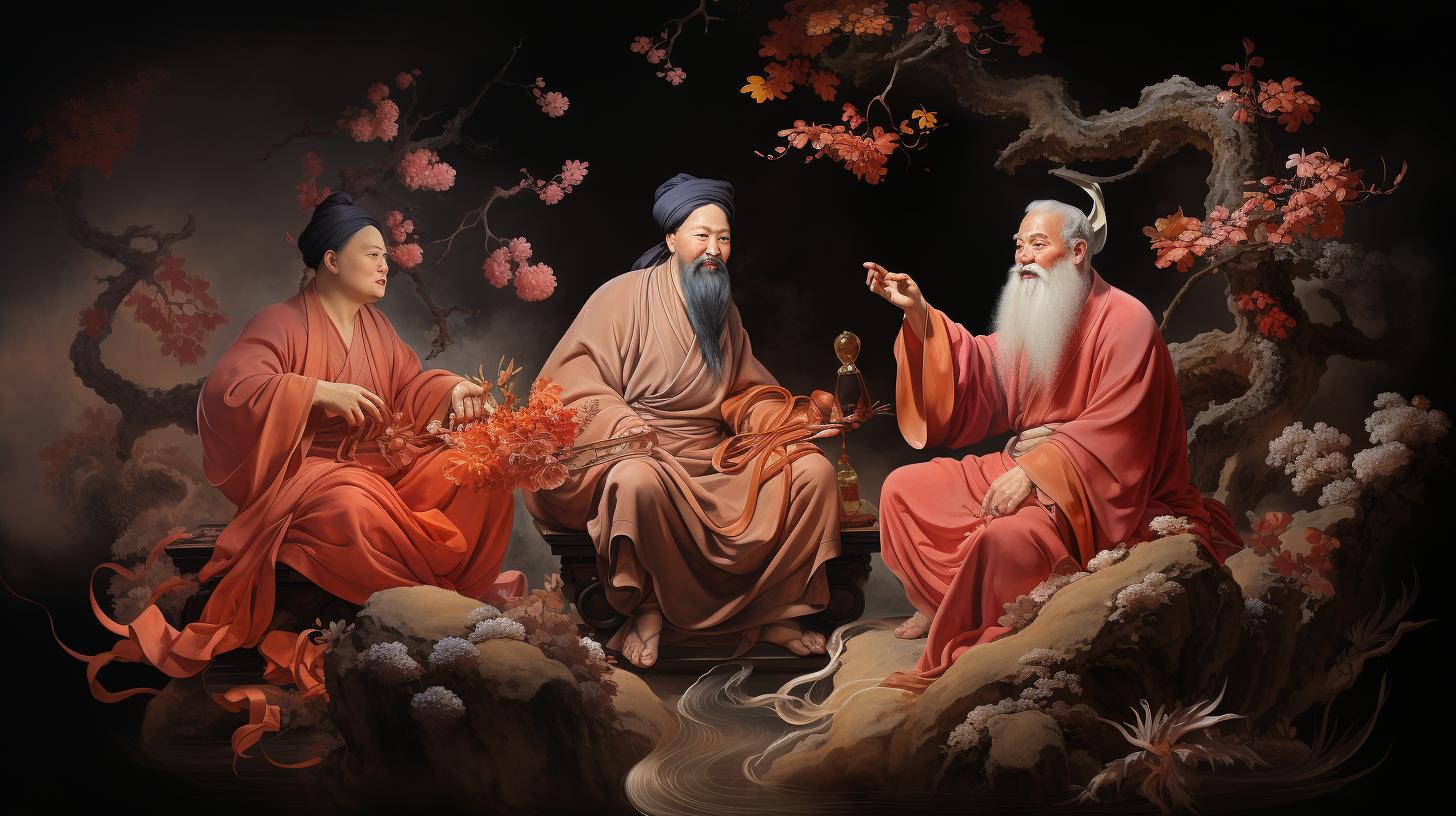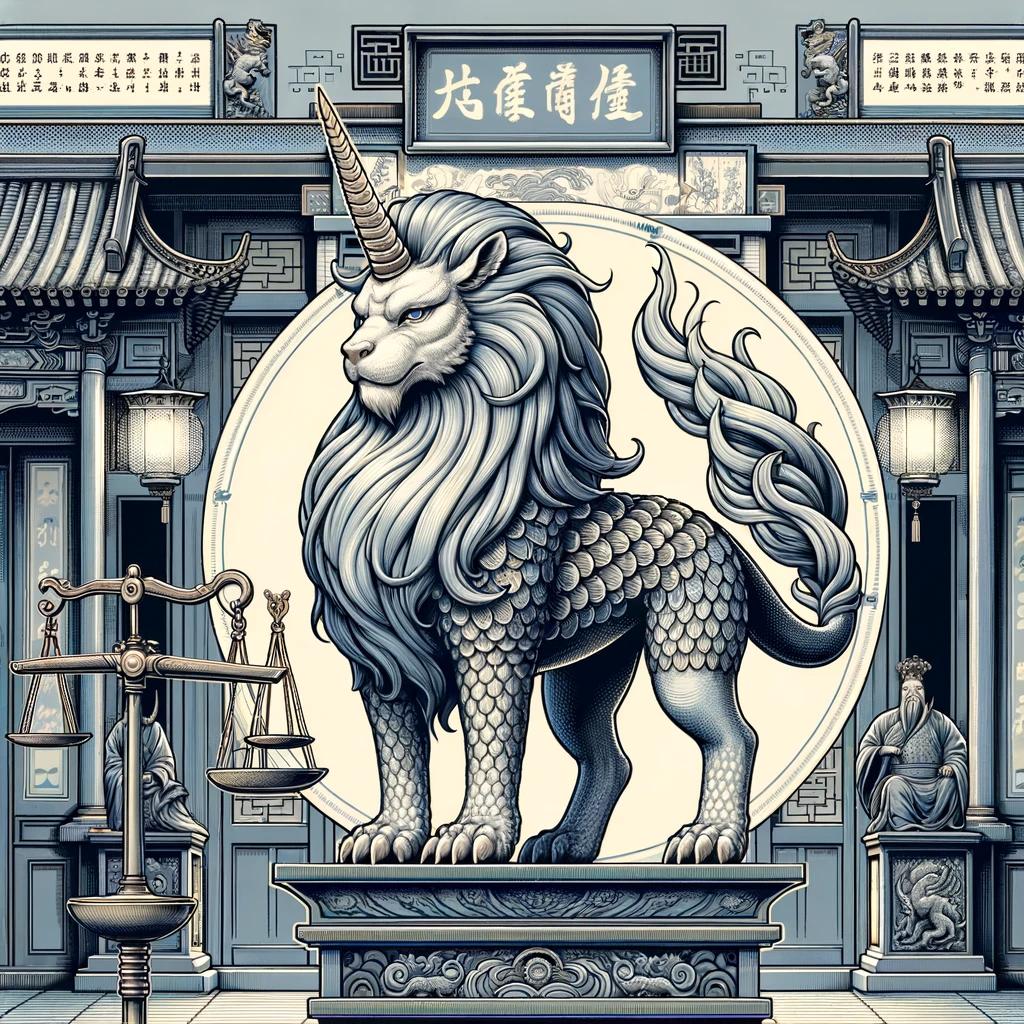Shennong God: Unraveling the Mysteries of the Divine Being
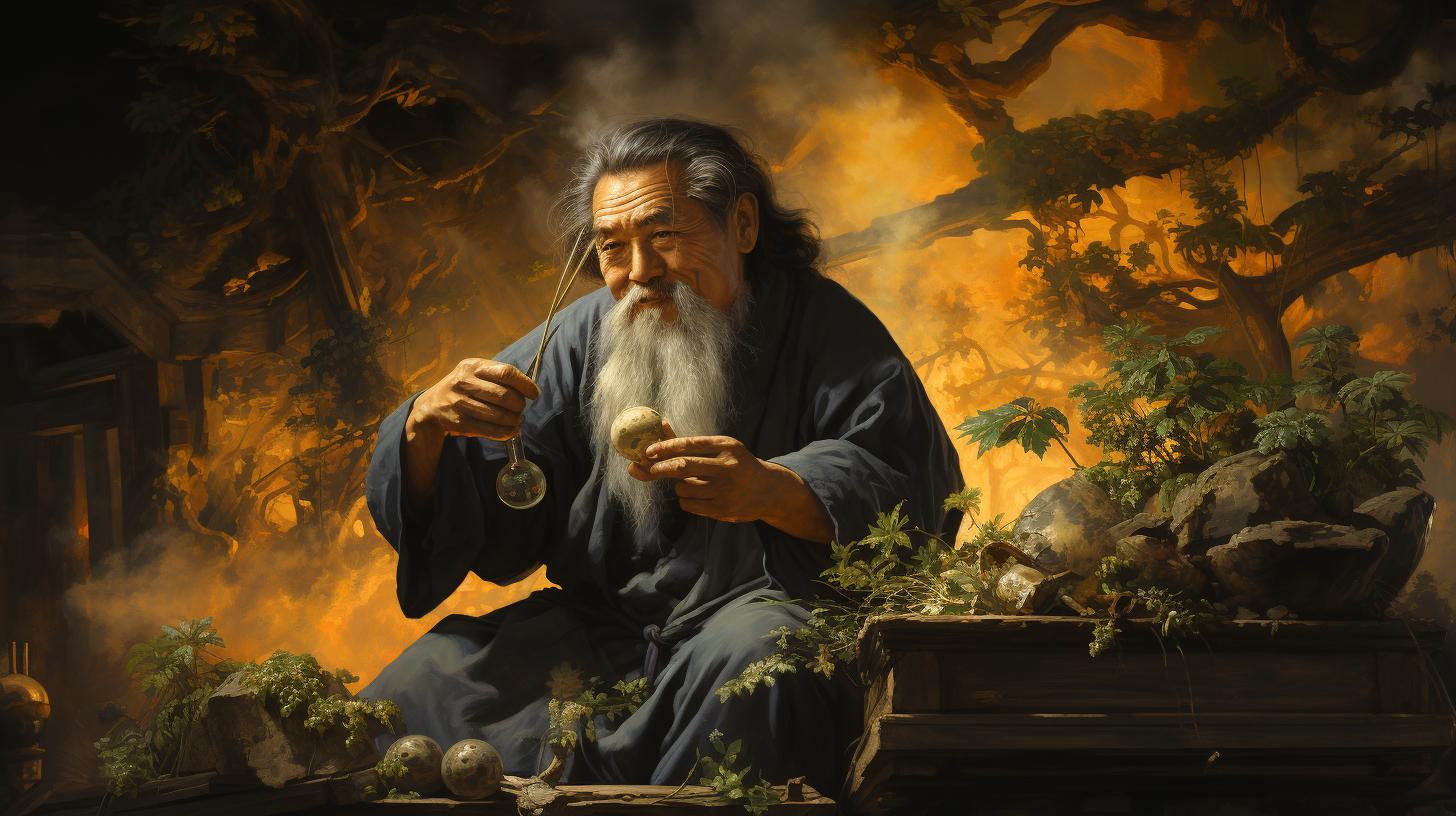
Shennong god holds a prominent position in Chinese mythology, revered as the Divine Farmer and a discoverer of medicinal plants. His contributions to agriculture and traditional Chinese medicine continue to influence contemporary society.
This article explores the origins and significance of Shennong, his role in Chinese culture, and his lasting impact on herbal remedies and the traditional Chinese calendar. Additionally, it delves into Shennong’s presence in historical texts, modern-day celebrations, and his relevance in today’s traditional Chinese medicine practices.
The Legend of Shennong
The legend of Shennong is shrouded in mystery and holds great significance in Chinese mythology. Exploring the origins and significance of Shennong provides a deeper understanding of the revered figure and his lasting impact on Chinese culture.
Origins and Significance
Shennong’s origins are deeply rooted in Chinese folklore and mythology. He is believed to have been born in the ancient times, with some accounts tracing his lineage back to the heavenly realm.
Shennong’s significance lies in his role as the Divine Farmer and the discoverer of medicinal plants.
Shennong’s Role in Chinese Mythology
As a mythological figure, Shennong played a crucial part in shaping Chinese culture and beliefs. He is often depicted as a wise and benevolent deity who taught the people how to cultivate crops, use herbal remedies, and live harmoniously with nature.
Shennong’s teachings and wisdom became the foundation of traditional Chinese medicine.
The Yellow Emperor and Shennong Connection
There is an intriguing connection between Shennong and the Yellow Emperor, another legendary figure in Chinese history. According to mythology, the Yellow Emperor sought Shennong’s knowledge and guidance, resulting in a joint contribution to the development of Chinese medicine.
This connection further solidifies Shennong’s importance in the realm of traditional healing practices.
Shennong’s Influence in Ancient China
Shennong, revered as the Divine Farmer and prominent figure in Chinese mythology, held great influence in ancient China. His contributions spanned various domains, including agriculture and medicine, shaping the civilization’s development and well-being.
Shennong as the Divine Farmer
Shennong’s role as the Divine Farmer was integral to ancient China’s agricultural practices. He taught the people the art of cultivation, providing invaluable knowledge on soil preparation, planting techniques, and crop selection.
His teachings revolutionized agricultural methods and played a crucial role in food production.
Contributions to Chinese Agriculture
Shennong’s contributions to Chinese agriculture were multifaceted. He introduced advanced farming techniques such as crop rotation, irrigation systems, and the use of natural fertilizers. These innovations greatly enhanced crop yields, improving the overall well-being and sustenance of the ancient Chinese people.
Shennong’s Discoveries in Chinese Medicine
Shennong’s explorations in Chinese medicine led to significant discoveries that continue to impact traditional medicine practices today. He extensively studied the properties of plants and herbs, categorizing them into medicinal and toxic categories.
His comprehensive evaluation laid the foundation for the development of traditional Chinese medicine, facilitating the understanding of herbal remedies and their applications for various ailments.
Shennong’s influence in ancient China was profound, revolutionizing agricultural practices and advancing the field of Chinese medicine.
The ancient Chinese held him in high regard, recognizing the instrumental role he played in their society’s growth and well-being.
Shennong and Medicinal Plants
Shennong’s Evaluation of Plants and Herbs:
Shennong, known as the Divine Farmer, played a crucial role in the discovery and evaluation of plants and herbs for medicinal purposes. His extensive knowledge of botany allowed him to identify and classify various plants based on their properties.
Shennong meticulously tested these plants on himself to determine their effects, categorizing them as toxic, beneficial, or neutral. His evaluations laid the foundation for understanding the medicinal properties of plants and their applications in traditional Chinese medicine.
Traditional Chinese Medicine and Shennong:
Shennong’s contributions to traditional Chinese medicine (TCM) are profound. His understanding of plants and their therapeutic properties greatly influenced the development of TCM theories and practices.
The principles of balancing yin and yang, using herbal remedies, acupuncture, and other TCM modalities can be traced back to Shennong’s teachings. His holistic approach to healthcare emphasized the importance of prevention and harmony with nature and formed the basis for TCM’s comprehensive system.
Shennong’s Legacy in Herbal Remedies:
The knowledge and discoveries of Shennong in medicinal plants continue to shape herbal remedies in modern times. Many herbal formulas and prescriptions prescribed in TCM draw inspiration from Shennong’s findings.
Numerous herbs like ginseng, licorice root, and ginger, which were recognized by Shennong for their therapeutic effects, are still widely used today. Shennong’s legacy serves as a constant reminder of the healing power of nature and the importance of integrating herbal remedies into healthcare practices.
Shennong in Historical Texts and Culture
Shennong, the legendary figure of Chinese mythology, has left an indelible mark in historical texts and Chinese culture. Let’s explore how Shennong’s presence and influence can be seen in the rich tapestry of Chinese history.
Depictions in Chinese History
Throughout Chinese history, Shennong has been depicted in various texts and writings. Chronicles such as the “Shiji” (Records of the Grand Historian) and “Shen Nong Ben Cao Jing” (Shennong’s Classic of Materia Medica) provide valuable insights into Shennong’s life and contributions.
These accounts offer detailed information about his role as the Divine Farmer and his discoveries in agriculture and medicine.
Shennong’s Influence on Chinese Culture and Beliefs
Shennong’s influence extends beyond historical texts and permeates Chinese culture and beliefs. His agricultural expertise and medicinal discoveries have made him a symbol of wisdom, benevolence, and the embodiment of the harmonious relationship between humans and nature.
His teachings have shaped traditional Chinese values and ethics, emphasizing the importance of sustainable farming practices and the use of natural remedies.
Shennong’s Impact on Traditional Chinese Calendar
In addition to his contributions in agriculture and medicine, Shennong played a crucial role in the development of the traditional Chinese calendar. With his vast knowledge of plants and the changing seasons, he created a calendar system based on agrarian cycles and celestial observations.
This calendar laid the foundation for important festivals and seasonal celebrations, guiding agricultural activities and cultural events throughout the year.
Shennong’s presence in historical texts and his impact on Chinese culture and beliefs, as well as the traditional Chinese calendar, solidify his status as a revered figure in Chinese history.
The next section will further explore Shennong’s association with medicinal plants and his enduring legacy in traditional Chinese medicine.
Shennong in Modern Times
The image of Shennong continues to hold great significance in contemporary China, representing a historical figure deeply connected to agriculture and traditional medicine. As a revered deity, Shennong’s legacy transcends time and remains influential in various aspects of Chinese culture.
Shennong’s Image in Contemporary China
Shennong is often depicted in modern times through artistic representations, both in traditional and contemporary forms. Paintings, sculptures, and even digital art capture his mythical presence, preserving the image of the Divine Farmer for future generations to admire and draw inspiration from.
Shennong’s Relevance in Traditional Chinese Medicine Today
Shennong’s contributions to Chinese medicine continue to be highly valued in modern-day practices. His extensive evaluation of plants and herbs has laid the foundation for the classification and study of medicinal plants, forming an integral part of Traditional Chinese Medicine (TCM).
The principles and theories shaped by Shennong’s discoveries are still applied in TCM clinics, where herbal remedies are prescribed based on his teachings.
Cultural Celebrations and Festivals Associated with Shennong
Various cultural celebrations and festivals are held throughout China to honor Shennong’s legacy and contributions. These events serve as a way to pay tribute to his deity status and express gratitude for his teachings and discoveries.
Festivals such as the Shennong Festival and the Dragon Boat Festival incorporate rituals, performances, and special ceremonies that showcase the enduring cultural significance of Shennong in today’s society.











